RSV symptoms and treatment

What is RSV?
Respiratory syncytial virus (RSV) is a respiratory virus that affects people of all ages. Although RSV typically causes mild cold-like symptoms, it can cause severe lung infections in infants, older adults, or those with serious medical problems/conditions.
RSV is the most common cause of pneumonia and bronchiolitis in children younger than 1 year old. Nearly all children will have had an RSV infection by their second birthday.

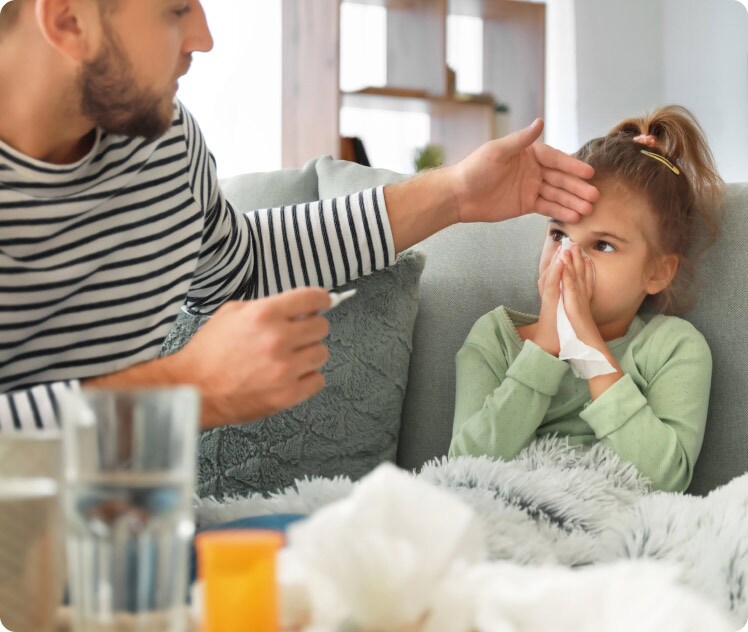
Common RSV symptoms
RSV symptoms are similar to those of a cold and are typically noticeable within 4-6 days after infection. Symptoms tend to appear in stages and can include:
- Fever
- Decreased appetite
- Runny nose & sneezing
- Coughing & wheezing
Very young infants may also experience:
- Irritability
- Decreased activity
- Difficulty breathing
When to seek medical help for RSV
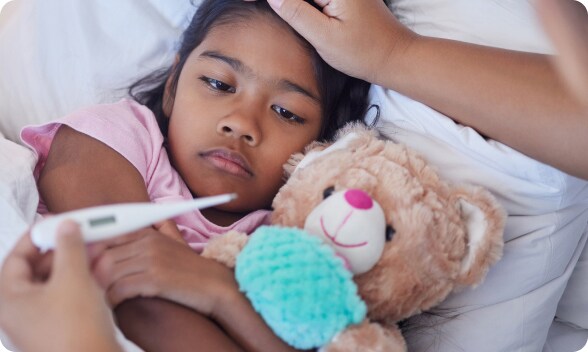

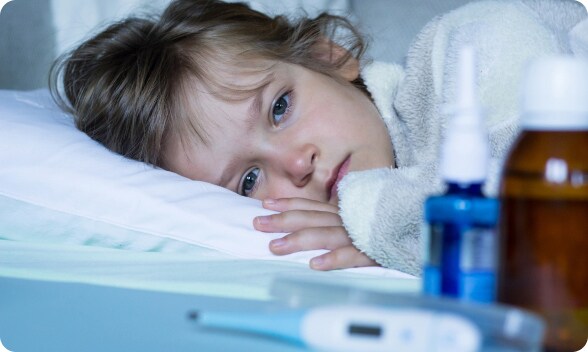
Contact your healthcare provider if your child experiences any of the following symptoms:
- A blue or gray color to the tongue, lips or skin
- Difficulty breathing and/or wheezing
Not drinking enough fluid or symptoms of dehydration
(fewer than one wet diaper every 8 hours)
- Significantly decreased activity and alertness
- Poor sleep or fussiness, chest pain, ear tugging or ear drainage
- A fever (rectal temperature of 100.4°F or higher) in children younger than 3 months (12 weeks)
- A fever that rises above 104°F repeatedly in children of any age
- Symptoms that worsen or don’t see improvement after seven days
RSV can cause more severe lower respiratory tract infections such as pneumonia and bronchiolitis.
Contact a provider immediately if you notice any of these symptoms:
- Flaring nostrils while breathing
- Fast breathing
- Head bobbing with breathing
- Belly breathing
- Rhythmic grunting while breathing
How to treat RSV
There is no specific treatment for RSV, and infections typically resolve in 1–2 weeks. However, these steps can be taken to help alleviate symptoms:
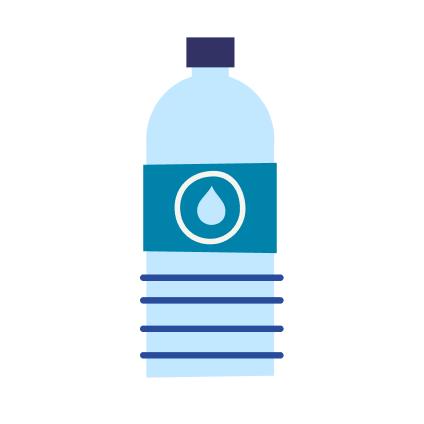
Drink plenty of fluids to prevent dehydration
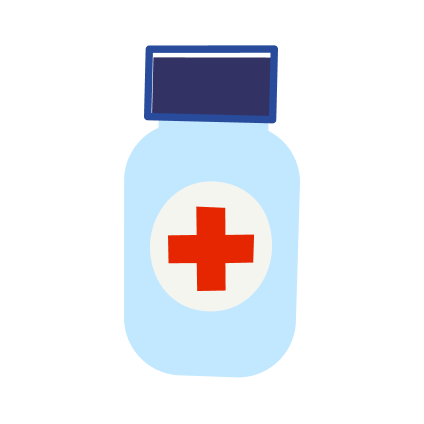
Manage fever with OTC fever-reducers such as acetaminophen and ibuprofen*
Help protect your family against RSV
RSV can spread in a variety of ways, including when an infected person coughs or sneezes.
Here’s how to help prevent the spread of RSV:
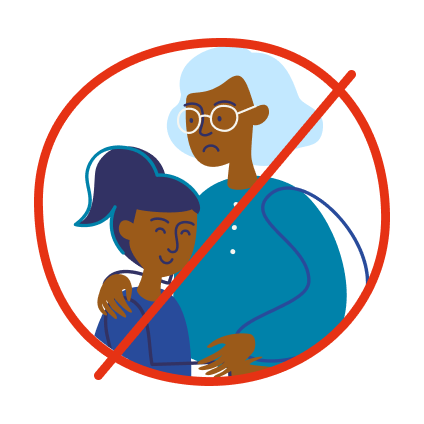
Avoid close contact with sick people
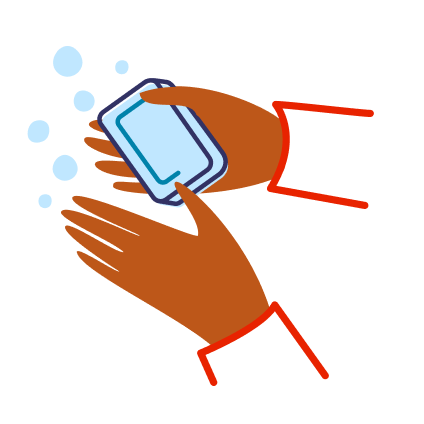
Wash your hands often
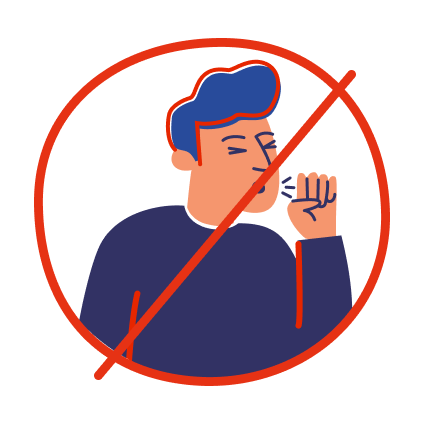
Cough or sneeze into your elbow and not directly on hands
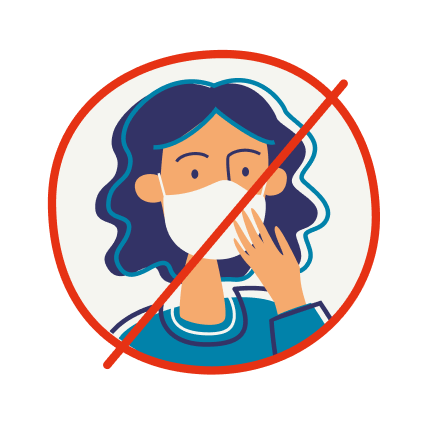
Avoid touching your face with unwashed hands

Stay home when you’re sick
NOTE: Due to an increased demand of over-the-counter pediatric fever-reducing products, there is a purchase limit of 6 per online transaction. Visit Walgreens.com for the latest store inventory information and product availability.
*Do not give aspirin to children. Always consult the pharmacist or healthcare provider before giving any medication to a child.
Centers for Disease Control and Prevention. RSV. Centers for Disease Control and Prevention.Published 2019. Accessed October 31, 2022.https://www.cdc.gov/rsv/index.html
National Library of Medicine. Respiratory Syncytial Virus Infections. medlineplus.gov. Published October 26, 2022. Accessed October 31, 2022.https://medlineplus.gov/respiratorysyncytialvirusinfections.html#summary
American Academy of Pediatrics. RSV: When It’s More Than Just a Cold. HealthyChildren.org. Published October 28, 2022. Accessed October 31, 2022.
https://www.healthychildren.org/English/health-issues/conditions/chest-lungs/Pages/RSV-When-Its-More-Than-Just-a-Cold.aspx
UpToDate, Inc. UpToDate. www.uptodate.com. Published 2022. Accessed October 31, 2022.
https://www.uptodate.com/contents/respiratory-syncytial-virus-infection-clinical-features-and-diagnosis?search=RSV%20&source=search_result&selectedTitle=1~150&usage_type=default&display_rank=1#H11
You are now leaving Walgreens.com
Any information you provide will be subject to thirdparty site's privacy and security policies.
